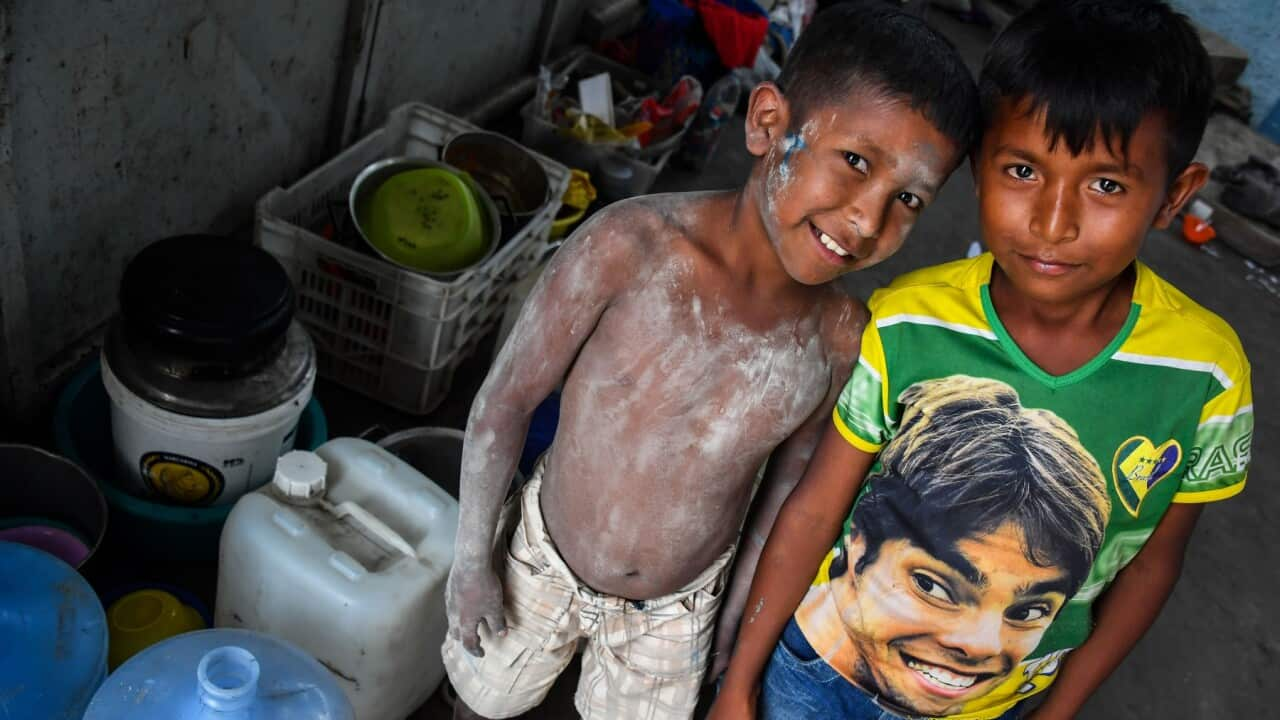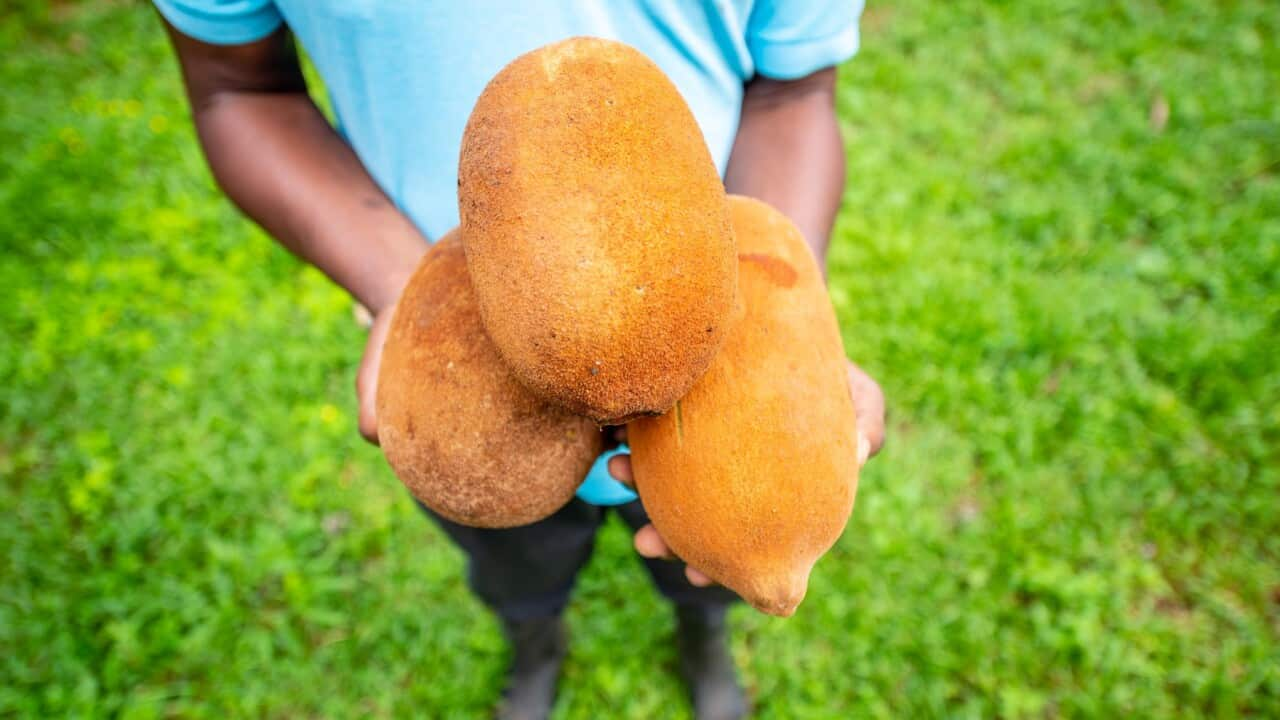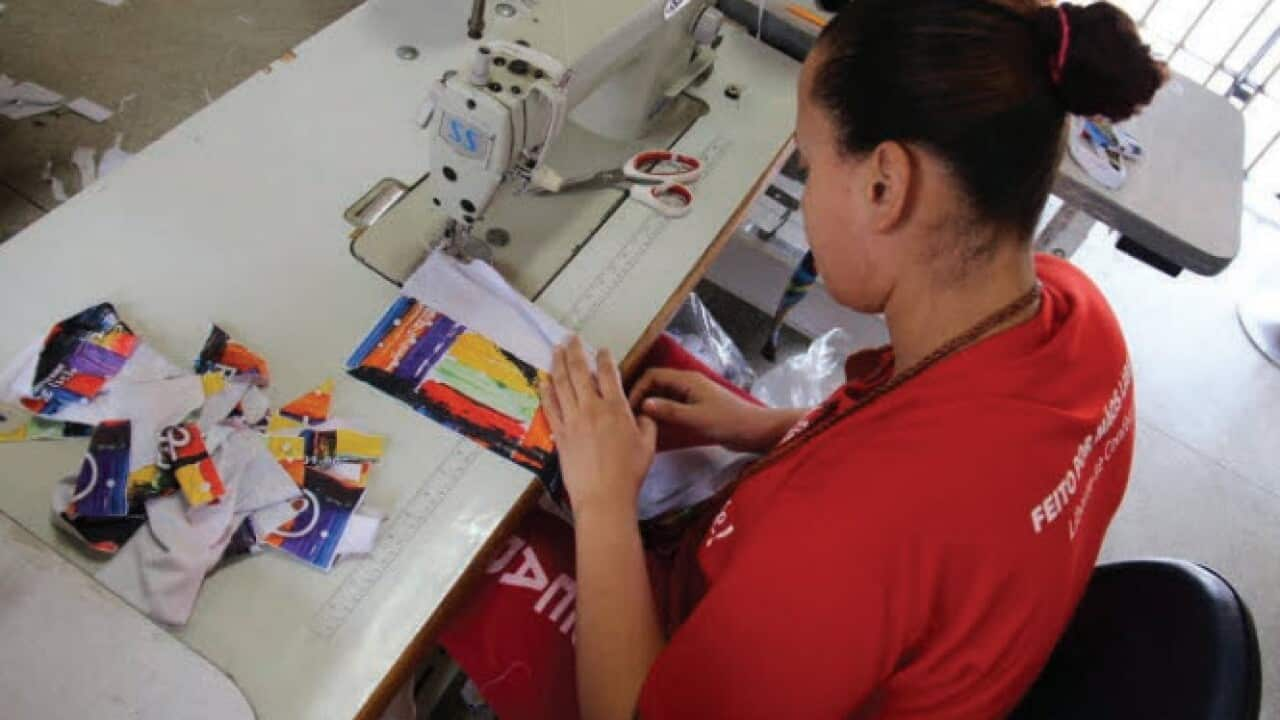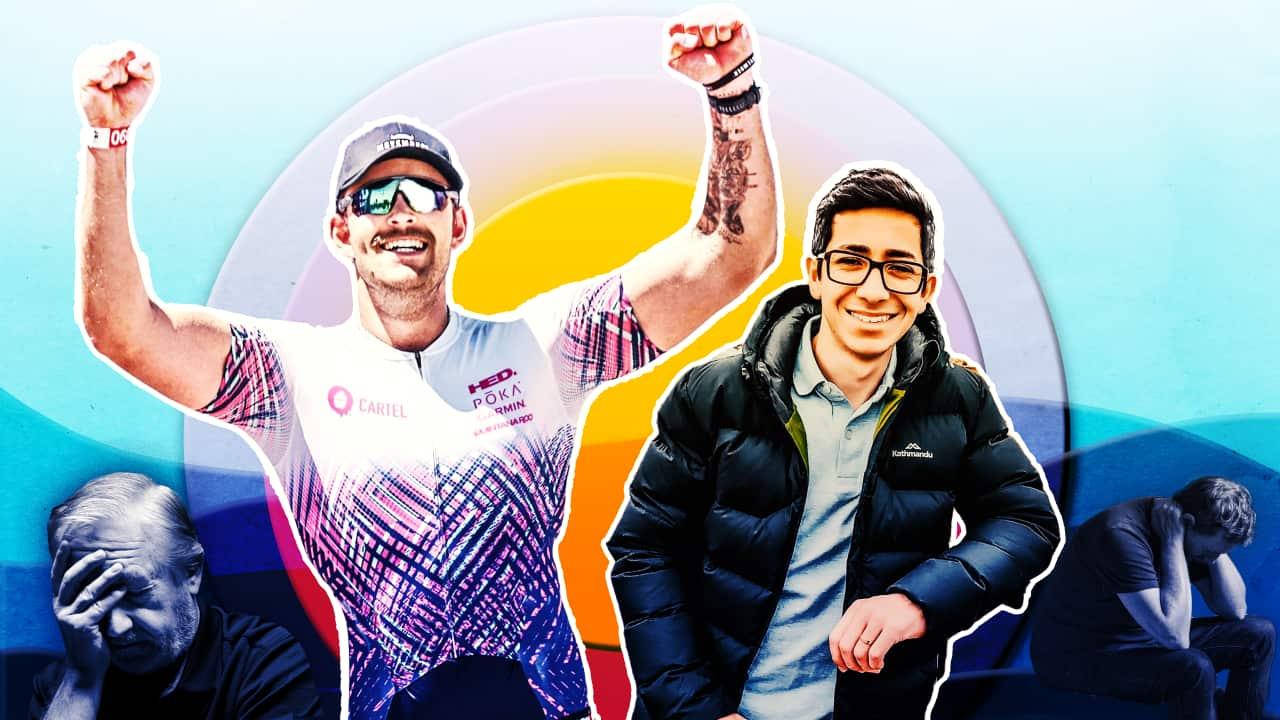Traditionally poor and marginalised in Venezuela, the Warao and Criollos indigenous communities arriving in Brazil are the result of a ‘forced migration’; individuals who leave everything behind in search of a better life, with no knowledge of language and cultural differences.
“The Warao face long and tiring hikes until they arrive in Brazil, they travel by foot and there are cases where some do not resist the trip, especially the elderly and children. They already arrive in the state of Pará (northern Brazil), in a fragile and vulnerable situation, given the social, political unrest in their country,” says Rosane Gomes, social worker at Cáritas Brasil.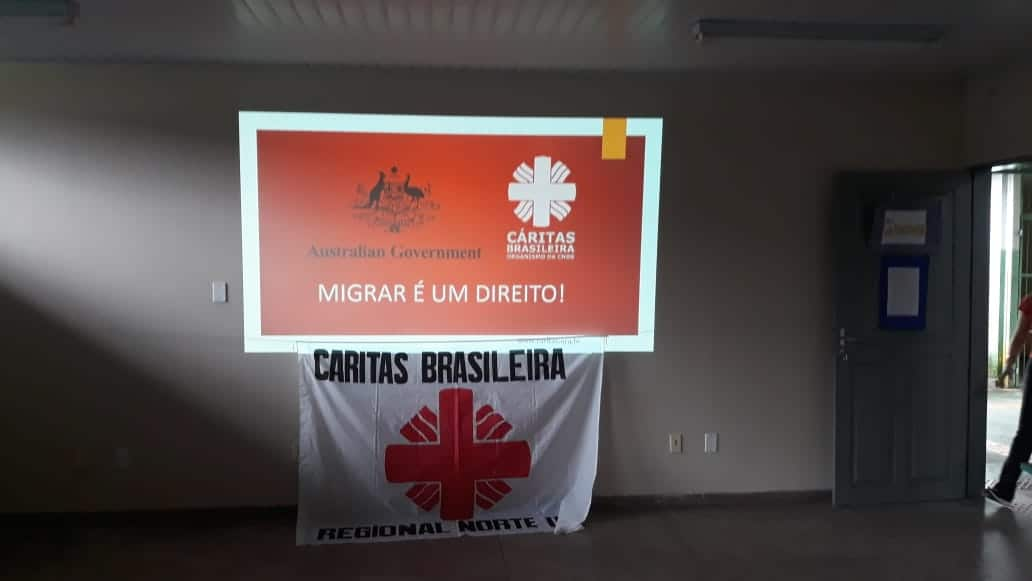 The humanitarian project "Bridges of Solidarity" by Cáritas Brasil, is a referral and settlement service for refugee families. But due to the Covid pandemic the organisation changed gears and is now distributing food and hygiene items.
The humanitarian project "Bridges of Solidarity" by Cáritas Brasil, is a referral and settlement service for refugee families. But due to the Covid pandemic the organisation changed gears and is now distributing food and hygiene items.

Escola Estadual Marechal Cordeiro, na capital paraense: escolarização de refugiados indígenas da etnia Warao ganha apoio australiano Source: Caritas Regional Norte II
With the help of countries such as Australia and Germany, Cáritas was able to distribute more than 1,000 food hampers to the Warao e Criollos families.
“Today we have around 700 Warao Indigenous people in Belém [capital city of Pará]. Among Venezuelan Criollos and other nationalities we assist, we have benefited 51 families. We also reached 130 Warao families who were directly benefited by our programs.”
 “We have reports of the extreme vulnerability they were in their homeland. Warao migrants were forced to leave their homes because gold was discovered on their land. They were expelled by large farmers,” says Ms Gomes.
“We have reports of the extreme vulnerability they were in their homeland. Warao migrants were forced to leave their homes because gold was discovered on their land. They were expelled by large farmers,” says Ms Gomes.

Rosane Gomes, ao centro, conversa com refugiados venezuelanos Source: Caritas Brasileira Regional Norte II

Registro de migrantes venezuelanos que chegam ao Pará: Caritas oferece programas de apoio, escolarização e cestas básicas Source: Caritas Brasileira Regional Norte II
Language is another barrier that many Venezuelan migrants face when they arrive in Brazil.
“In the beginning, we needed someone to translate from Spanish to Portuguese. They have their own dialects too; but understand Spanish. Today, we can communicate with them, but some things are still difficult to explain. Many are in the city's main roads at the traffic lights begging for money, for them the only way to survive.”

Rosane Gomes, agente da Cáritas Brasileira Regional Norte II Source: Supplied
“We run awareness campaigns and invite people to get to know the families' stories and struggles. There are many people who have difficulty accepting that these families have the right to migrate,” says Ms Gomes.
Cáritas Brasil received humanitarian aid via Australia's Direct Aid Program (DAP).
“The support of the Australian Embassy's DAP fund was very important for us. It allowed us to access many resources to serve families in extreme poverty, especially in the fight against hunger. We wrote a project proposal for action, mainly with indigenous Warao immigrants, who were arriving in Pará in an extremely vulnerable situation without support and without any assistance,” says Ms Gomes. The Direct Aid Program (DAP) is a grants program funded from Australia's aid budget. It has supported five humanitarian initiatives in Brazil in 2020: the , , , , and the
The Direct Aid Program (DAP) is a grants program funded from Australia's aid budget. It has supported five humanitarian initiatives in Brazil in 2020: the , , , , and the

Escola Estadual Marechal Cordeiro, em Belém: espaço para a escolarização de refugiados indígenas da etnia Warao, da Venezuela Source: Caritas Brasileira Regional Norte II
From the series 'Australia in Brazil'

Fighting dengue fever in Brazil with a little help from Australia
